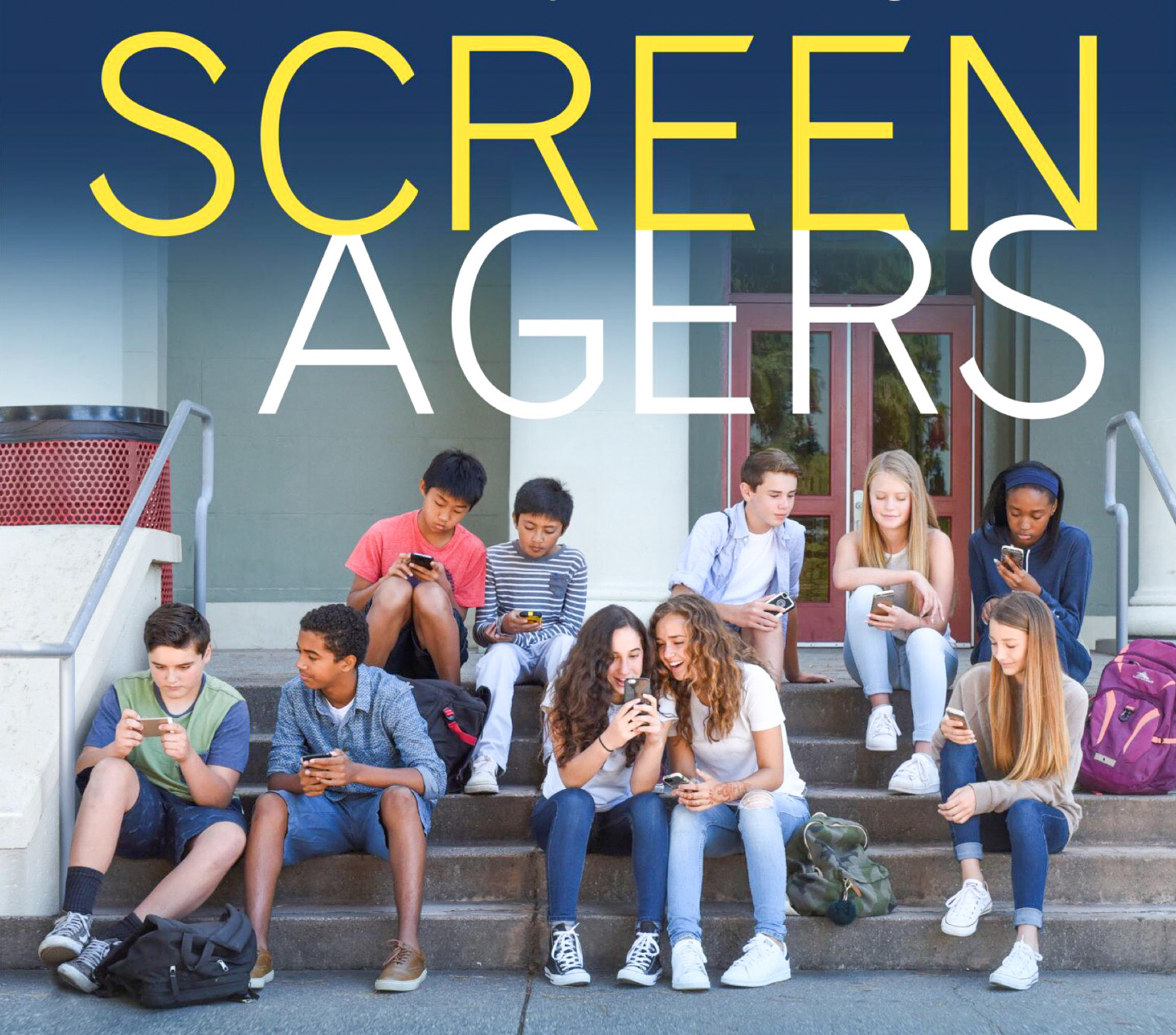
Does your teenager spend too much time online?
How much screen time is too much? How do parents know when or if to intervene? What are reasonable boundaries or limits?
Forty-five people — some parents, some students — contemplated these questions last week in the Luverne High School gymnasium where they watched the documentary, “Screenagers.”
“It was well received and we had great conversation afterward,” said school guidance counselor Amy Cook.
On average, children and teens spend 6.5 hours a day looking at screens, according to the documentary. This doesn’t include time spent doing homework.
Often learning time is sacrificed in order to spend more time on social media or playing video games.
Of those who play video games, teenaged boys spend on average more than 11.3 hours per week, often foregoing adequate sleep, in order to play games.
Various experts in the film explain the negative toll on young people’s minds if they spend too much time in front of screens.
“Screenagers” was produced in 2015 and released in January 2016 to illustrate the intensity of young peoples’ online interaction.
Film producer Delaney Ruston, a doctor, had struggled with her own children’s screen time, and produced the documentary to engage other parents and families in the discussion.
She asserts that the key is effective communication and clear boundaries.
As one teen said in the documentary, “When my parents actually had that deep conversation, it works a lot better.”
“Screenagers” isn’t for sale or download, but it’s made available to schools or other organizations on the condition that it be watched in a group setting with discussion afterward.
In the high school gym last week, attendees divided into small groups after the movie was over to discuss what they had learned.
“I took away that the most important thing is balance,” said parent Jessie Sandbulte.
“Teaching self-control when it comes to screen time and modeling healthy usage can prepare our kids for their inevitable future with screens, devices, etc.”
Luverne school social worker Stacy Schepel said parents had questions about what others are doing to deal with technology limits in their families.
“We challenged those in attendance to take part in a #devicefreedinner challenge,” Schepel said, “in addition to providing some sample contracts to use with their youth.”
Families can find additional resources at https://www.commonsensemedia.org and at https://www.screenagersmovie.com.
It costs $650 to access the film, and groups typically seek sponsorships or charge for tickets in order to cover the cost.
The Luverne showing was paid for by the Sanford Luverne Physicians Donor Advisory Group.
“The physician group is aware of the national discussions related to social media and impact on teenagers,” said Laurie Jensen, director of clinic operations.
“They felt that it was a very worthy cause to support with grant dollars.”


